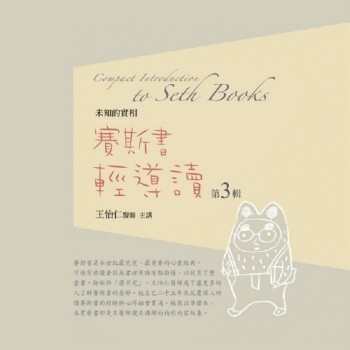Global governance is tightening and foreshadows world state formation becoming a live political issue in this century. Some observers treat it as inevitable amid the urgency of global issues. They foresee a technocratic scaling up of the model of state authority that has prevailed at the national level for over two hundred years. Many critics and members of the public around the world look askance at that prospect. They rightly fear a moral vacuum of authority disconnected from the world’s traditions, and a concentration of power that would be damaging to liberty or even dystopian in its upshot. Still, they often merely aim to stand athwart the scaling up of political institutions, rather than actively trying to shape an alternative that can seize the global horizon.
The World’s Constitution: Spheres of Liberty in the Future Global Order offers a radically different vision of future world order that could work in a global space while shifting the balance of power from state back to society. It draws on older resources in political thought, both Western and non-Western, to upend mainstream notions of statehood and sovereignty that have been taken for granted for too long in the modern era. It offers an original ’sphere pluralist’ framework that can reconcile liberty, tradition, and cosmopolitanism. As a book rooted in the past but mindful of future constitutional and policy challenges, it bridges ideas and real world implications, with insights that cut across a wide range of topics from migration and social welfare to personal law systems and channels of representation. It opens an exciting debate about global constitutional futures that is likely to become more salient over the next couple of generations.






![塔木德:猶太人的致富聖經[修訂版]:1000多年來帶領猶太人快速累積財富的神祕經典 塔木德:猶太人的致富聖經[修訂版]:1000多年來帶領猶太人快速累積財富的神祕經典](https://media.taaze.tw/showLargeImage.html?sc=11100697818)





